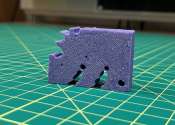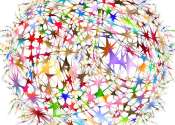Hey, watch where you're flicking. That's a computer
Michigan Micro Mote (M3) is the world's smallest computer. How small? It's about the size of a grain of rice. A University of Michigan's March report can tell you that the team behind the computer have come up with a fully ...









